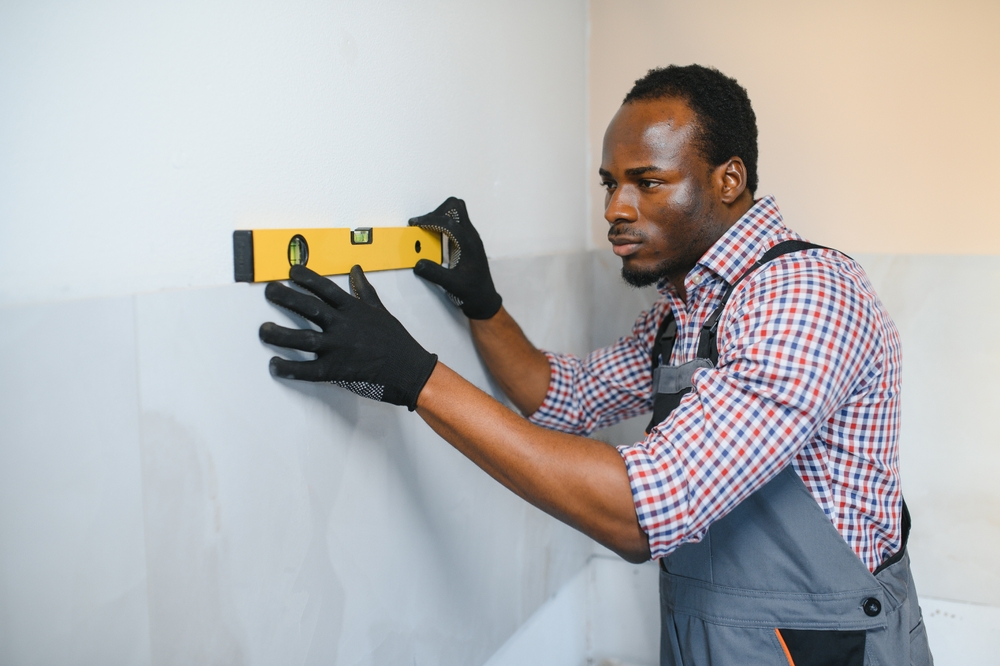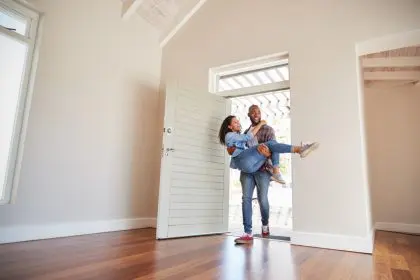Buying a home is one of the most significant investments many people will make in their lifetime. Among the various options available, purchasing a fixer-upper can be both an exciting and daunting prospect. A fixer-upper home — characterized by its need for repairs and renovations — offers unique advantages and challenges. Understanding the pros and cons of buying a fixer-upper home is essential for making an informed decision.
The advantages of buying a fixer-upper home
Affordability
One of the most compelling reasons to consider a fixer-upper is affordability. These homes are typically priced lower than move-in-ready properties. This lower price point allows buyers to enter desirable neighborhoods they might otherwise be unable to afford. The initial savings on the purchase price can be substantial, providing more flexibility in budgeting for renovations.
Potential for customization
When you buy a fixer-upper, you have the opportunity to customize the home to your liking. Unlike purchasing a move-in-ready home, where you may have to compromise on certain features, a fixer-upper allows you to design and renovate according to your preferences. This personalization can result in a home that truly reflects your taste and lifestyle.
Increased property value
Renovating a fixer-upper can significantly increase its value. By making strategic improvements — such as updating kitchens and bathrooms and adding modern amenities — you can boost the home’s market value. This increase in value can be particularly beneficial if you plan to sell the property in the future, potentially yielding a significant return on investment.
Learning and skill-building opportunities
For those interested in home improvement and DIY projects, buying a fixer-upper provides a hands-on learning experience. Renovating a home can teach valuable skills, from basic carpentry and plumbing to more complex electrical work. These skills can be useful for future projects and can even lead to a sense of accomplishment and pride in the work you’ve done.
Less competition
Fixer-upper homes often attract less competition than move-in-ready properties. Many buyers are deterred by the prospect of extensive renovations, leaving more opportunities for those willing to take on the challenge. This reduced competition can result in a smoother purchasing process and potentially better negotiating power.
The disadvantages of buying a fixer-upper home
High renovation costs
While the initial purchase price of a fixer-upper may be lower, the cost of renovations can add up quickly. Unexpected issues — such as structural problems, outdated electrical systems or hidden water damage — can lead to significant expenses. It’s crucial to budget carefully and have a contingency fund to cover unforeseen costs.
Time-consuming process
Renovating a fixer-upper is a time-intensive endeavor. Depending on the extent of the work required, it can take months or even years to complete all the necessary renovations. This prolonged timeline can be stressful, especially if you’re living in the home during the renovation process.
Stress and inconvenience
Undertaking a major renovation project can be stressful and inconvenient. Living in a construction zone, dealing with contractors and managing the logistics of the renovation can be overwhelming. It’s important to be prepared for the disruptions to your daily life and to have a plan for managing the stress that comes with the process.
Uncertainty about final costs
Estimating the total cost of renovations can be challenging. Even with a detailed plan and budget, unexpected issues can arise, leading to additional expenses. This uncertainty can be financially risky, especially if the final costs exceed your budget. It’s essential to have a financial cushion and be prepared for potential cost overruns.
Potential for over-improvement
While renovating a fixer-upper can increase its value, there’s also the risk of over-improvement. Over-improving means investing more in renovations than the home can realistically return in value. This can be particularly problematic if the home is in a neighborhood with a ceiling on property values. It’s important to research the local market and avoid over-investing in features that won’t yield a good return.
Financing challenges
Securing financing for a fixer-upper can be more complicated than for a move-in-ready home. Traditional mortgages may not cover the cost of extensive renovations, requiring buyers to seek alternative financing options, such as renovation loans or home equity lines of credit. These financing options can have different terms and interest rates, adding complexity to the financial planning process.
Making the decision
When considering buying a fixer-upper, it’s essential to weigh the pros and cons carefully. Conduct thorough research, get professional inspections, and consult with contractors to get a realistic estimate of the renovation costs. Understanding the scope of the work required and having a clear plan and budget will help mitigate risks and ensure a successful project.
Weighing the pros and cons of a fixer-upper
Buying a fixer-upper home can be a rewarding venture, offering the potential for significant financial and personal benefits. However, it also comes with challenges that require careful planning and consideration. By understanding the pros and cons of buying a fixer-upper home, you can make an informed decision that aligns with your financial goals, lifestyle and willingness to take on the renovation process. Whether you’re looking to customize your dream home or make a strategic investment, a fixer-upper can be a viable option with the right approach.
This story was created using AI technology.













